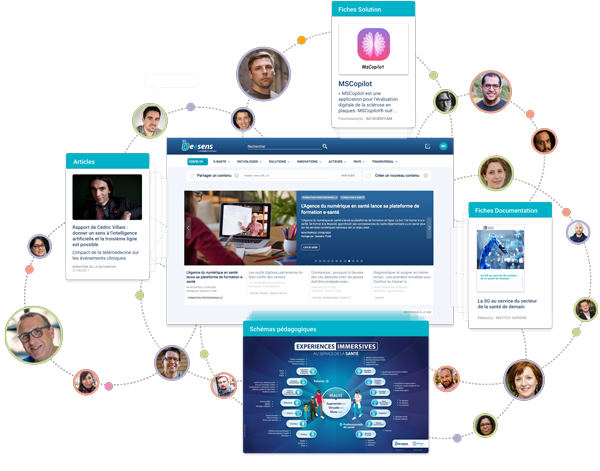"A multi-disciplinary team of researchers has developed a way to monitor the progression of movement disorders using motion capture technology and AI.
In two ground-breaking studies, published in Nature Medicine, a cross-disciplinary team of AI and clinical researchers have shown that by combining human movement data gathered from wearable tech with a powerful new medical AI technology they are able to identify clear movement patterns, predict future disease progression and significantly increase the efficiency of clinical trials in two very different rare disorders, Duchenne muscular dystrophy (DMD) and Friedreich's ataxia (FA).
DMD and FA are rare, degenerative, genetic diseases that affect movement and eventually lead to paralysis. There are currently no cures for either disease, but researchers hope that these results will significantly speed up the search for new treatments.
Tracking the progression of FA and DMD is normally done through intensive testing in a clinical setting. These papers offer a significantly more precise assessment that also increases the accuracy and objectivity of the data collected.
The researchers estimate that using these disease markers mean that significantly fewer patients are required to develop a new drug when compared to current methods. This is particularly important for rare diseases where it can be hard to identify suitable patients..."
Lire la suite
Wearable tech, AI and clinical teams join to change the face of trial monitoring
MEDICALXPRESS, 22/01/2023
Partagé par :
Beesens TEAM











